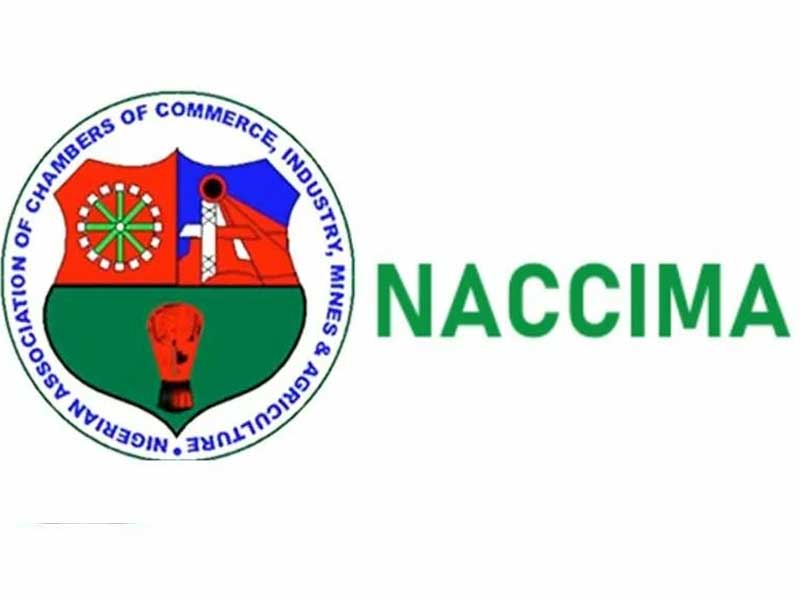
Barrister Dele Kelvin Oye, the National President of the Nigerian Association of Chambers of Commerce, Industry, Mines, and Agriculture (NACCIMA), has highlighted the positive impact of the recent devaluation of the naira on food and grain exports to West African countries.
In response to remarks by the Nigeria Governors Forum (NGF), Barr. Oye acknowledged that while naira devaluation presents overarching economic challenges, it has inadvertently spurred increased competitiveness of Nigerian food and grain exports in the West African region.
He elaborated, stating, “The devaluation of the naira, despite its broad economic implications, has unexpectedly enhanced the competitiveness of Nigerian food and grain exports within West Africa. This phenomenon is grounded in exchange rate dynamics. A weaker naira translates to more affordable Nigerian goods for buyers using stronger currencies. As a result, Nigerian food and grains are now priced more competitively compared to similar products from nations with stronger currencies.”
Barr. Oye further emphasized that this newfound price advantage could potentially lead to a surge in demand for Nigerian exports within the region.
However, he also addressed potential downsides, including inflationary pressures on imported goods, particularly agricultural inputs such as machinery, fertilizers, and pesticides. These increased costs could ultimately raise domestic production expenses over time.
Acknowledging these challenges, Barr. Oye stated, “The heightened cost of imported goods, including vital agricultural inputs like machinery, fertilizers, and pesticides, may contribute to an escalation in domestic production costs over time.”
Furthermore, he noted the potential impact on consumers, stating, “The increased export of food and grains may lead to a reduction in domestic supply, subsequently driving up food prices locally and exacerbating food insecurity in Nigeria.”
Barrister Dele Kelvin Oye’s insights underscore the complex interplay between exchange rate dynamics and agricultural trade, highlighting both the opportunities and challenges presented by naira devaluation in the context of regional food and grain exports.



